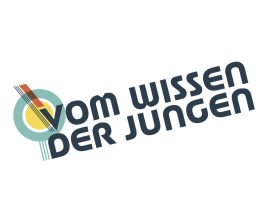
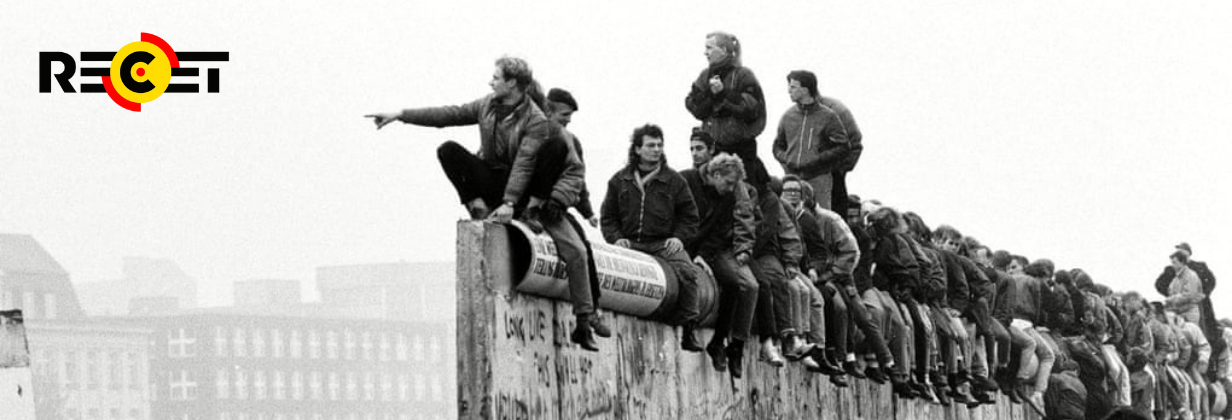
In collaboration with
RECET
The Research Center for the History of Transformations (RECET) is an institute for advanced research that takes the year 1989 as a starting point to think about social, economic, and cultural transformations in the wake of deep historical caesuras on a European and global scale. Its Transformative Blog and Transformative Podcast host scholars commenting on current affairs and discussing their cutting-edge research in the field of historical transformations.
RECET’s concept of transformation is inspired by Karl Polanyi and looks beyond the hegemonic post-1989 teleologies of marketization and democratization. This approach also allows us to take a long-durée perspective on transformations, with emphasis on the interdisciplinary connections to sociology, economics, and cultural and social anthropology. RECET follows the concept of Comparative Area Studies. Our focus on Central and Eastern Europe is enlarged by comparisons and the study of entanglements with other world regions, such as East Asia, and the co-transformation of Western countries.
Website: www.recet.at
Twitter/Facebook: @recetvienna
Youtube: RECET Vienna

Articles
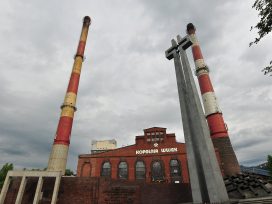
A just transformation?
Why the Polish PiS government is standing up for the Coal Republic
The trauma of the 1990s economic shock therapy reverberates in the Polish resistance against the green transition. The PiS government is demanding the EU finance the climate transformation, leaving them with funds to preserve the iconic coal industry despite its economic failure.
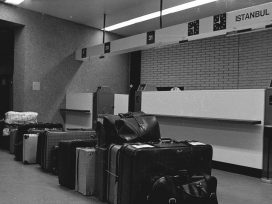
Germany was quick to claim the German-Turkish vaccine developers of Pfizer/BioNTech as proof of its open society. But their success is more an exception than a rule. Rather than congratulate itself, Germany needs to confront how it abandoned the migrants it once invited.
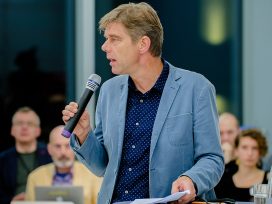
Myths of shock therapy
Philipp Ther talks neoliberalism’s toll on the peripheries
After ’89, the ideology of ‘free’ markets prevailed not just in eastern Europe, but also in the West. The consequences were particularly evident in the wake of the 2008 financial crisis and the 2010 euro crisis. What effect did the economic restructuring have on the European project and what are the key issues facing Europe today?
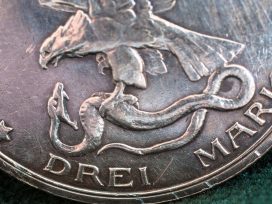
The price of unity
The transformation of Germany and east central Europe after 1989
The strength of the German economy is often attributed to the shock therapy of the 1990s. But in 1999, the reunited country was considered ‘the sick man of the euro’. Its failings were blamed on the socialist legacy, yet the economic crisis was the result of western decision-making in 1990. Comparison with the economies of Poland and Czech Republic suggests that shock therapy was not the key to Germany’s success.
